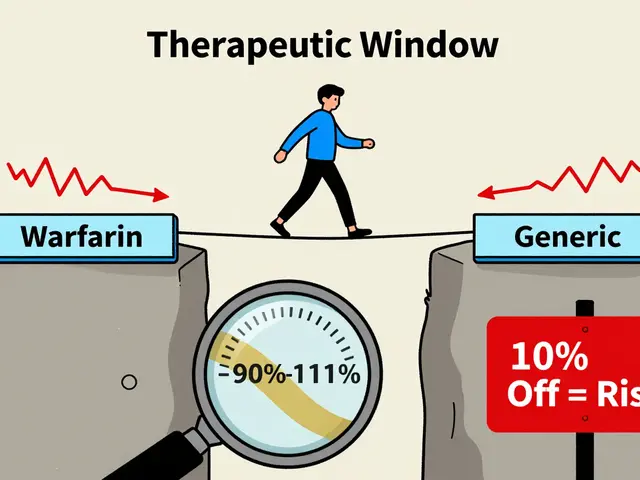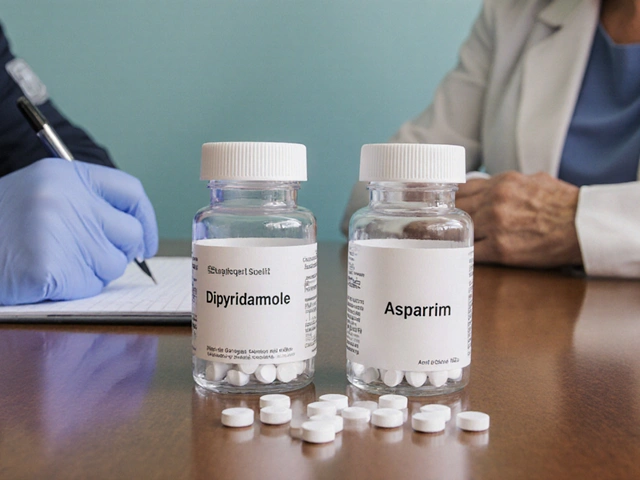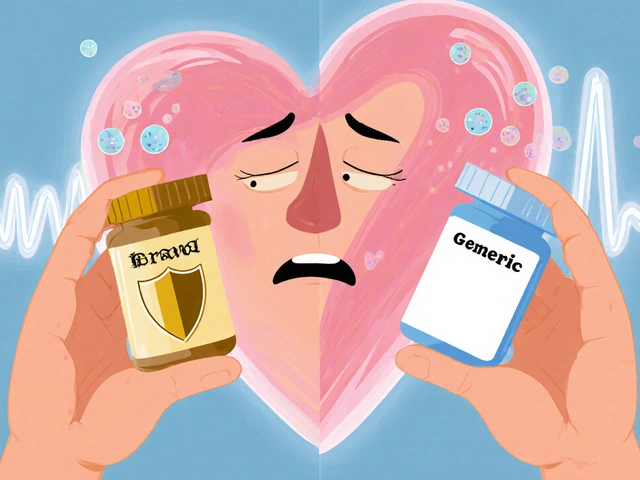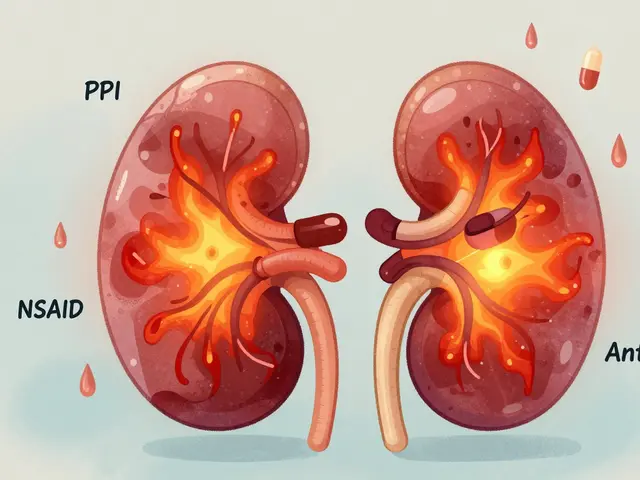NTI Drugs: What They Are, Why They Matter, and What You Need to Know
When a medication has a narrow therapeutic index, a small difference between a safe dose and a toxic one. Also known as NTI drugs, these medications require precise dosing because even tiny changes can lead to serious harm or treatment failure. Think of it like walking a tightrope—too little and the drug doesn’t work; too much and you risk poisoning. This isn’t theoretical. Drugs like warfarin, levothyroxine, phenytoin, and cyclosporine fall into this category, and they’re used every day for conditions ranging from heart disease to epilepsy to organ transplants.
NTI drugs aren’t just about dosage—they’re about consistency. Generic versions of these drugs must meet strict bioequivalence standards, but even small differences in how they’re absorbed can throw off your treatment. That’s why switching between brands or generics isn’t always safe. A study by the FDA found that patients on warfarin had more bleeding events after switching to a different generic version, even though both met legal standards. The same thing happens with levothyroxine—people end up with fatigue, weight gain, or heart palpitations because their thyroid hormone levels drifted out of range. These aren’t rare cases. They’re common enough that doctors often stick with one brand or generic for years.
NTI drugs also interact with other meds, foods, and even supplements in ways that can be dangerous. Grapefruit can boost levels of some NTI drugs. Antibiotics can interfere with blood thinners. Even something as simple as a change in diet or starting a new vitamin can shift how your body handles these medications. That’s why so many posts here focus on drug interactions, contamination risks, and alternatives—because when you’re on an NTI drug, every choice matters. You’re not just managing a condition. You’re managing a delicate balance.
What you’ll find below are real-world guides on how to spot trouble, avoid dangerous swaps, and work with your doctor to stay safe. Whether it’s comparing generic versions of phenytoin, understanding why grapefruit messes with your blood pressure meds, or learning how SSRIs can increase bleeding risk when combined with other drugs, these posts are built for people who need to get it right—the first time, every time.
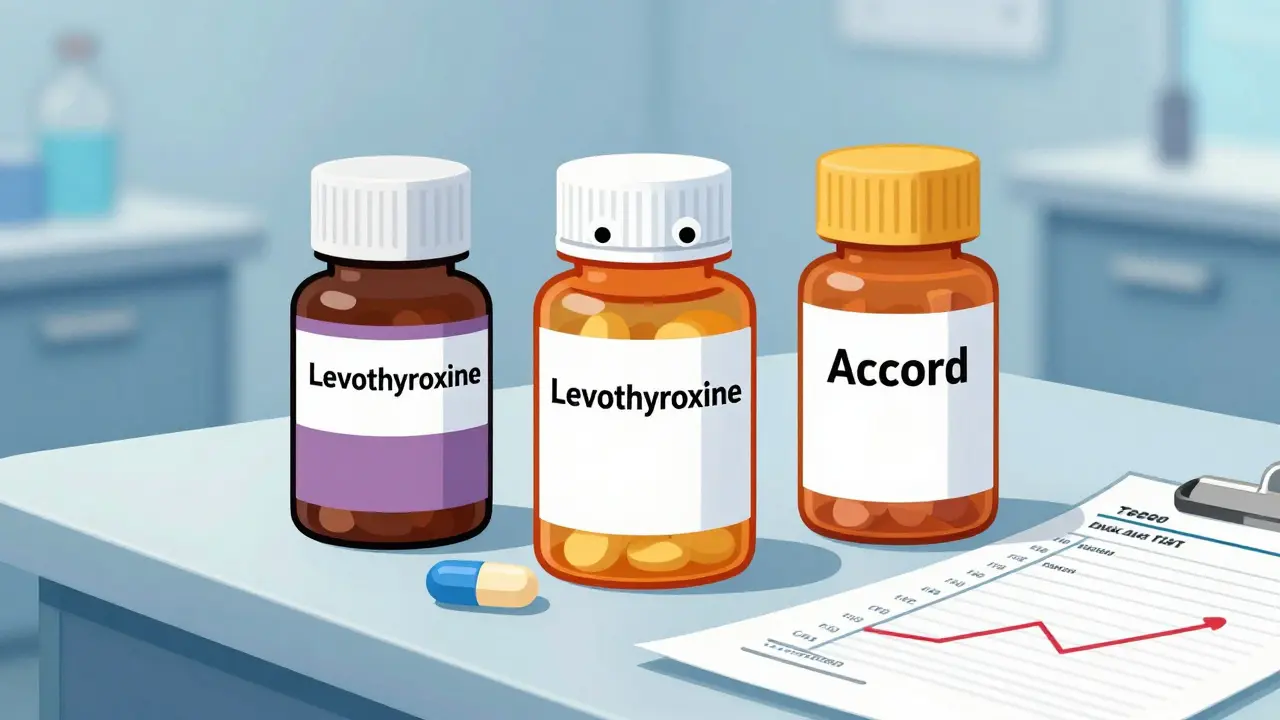
Multiple Manufacturers: NTI Drugs and Switching Between Generics
NTI drugs like warfarin, levothyroxine, and lithium have a narrow safety margin. Switching between generic manufacturers can affect blood levels and cause serious side effects-even when FDA-approved. Learn how to protect yourself.
View More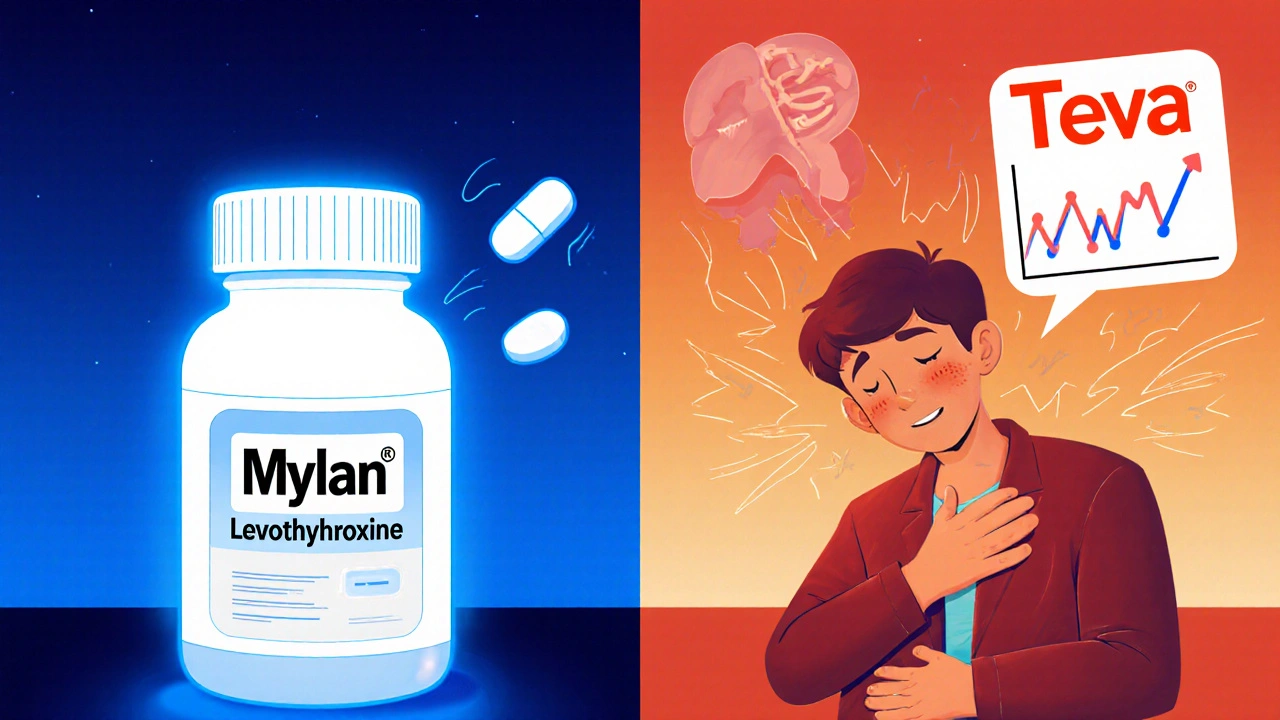
Levothyroxine Generics: When to Monitor TSH After Switching Products
Switching between generic levothyroxine brands doesn't require routine TSH testing for most people-but those with thyroid cancer, heart disease, or prior reactions should get checked 6-8 weeks after any change.
View More
